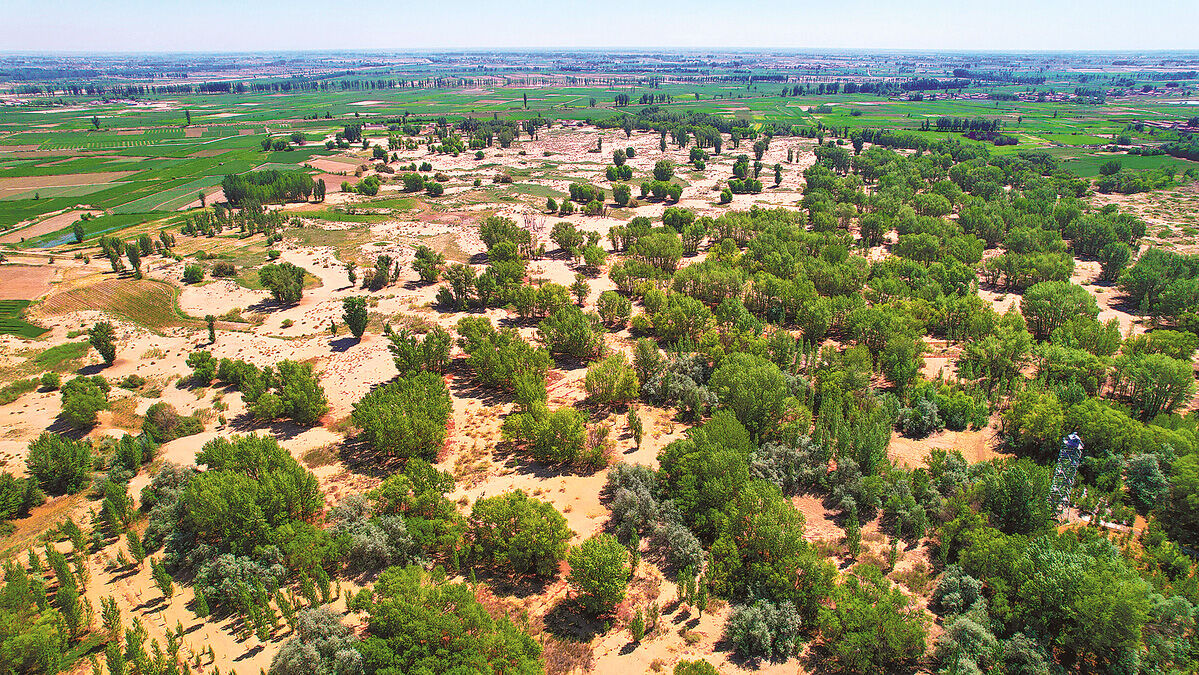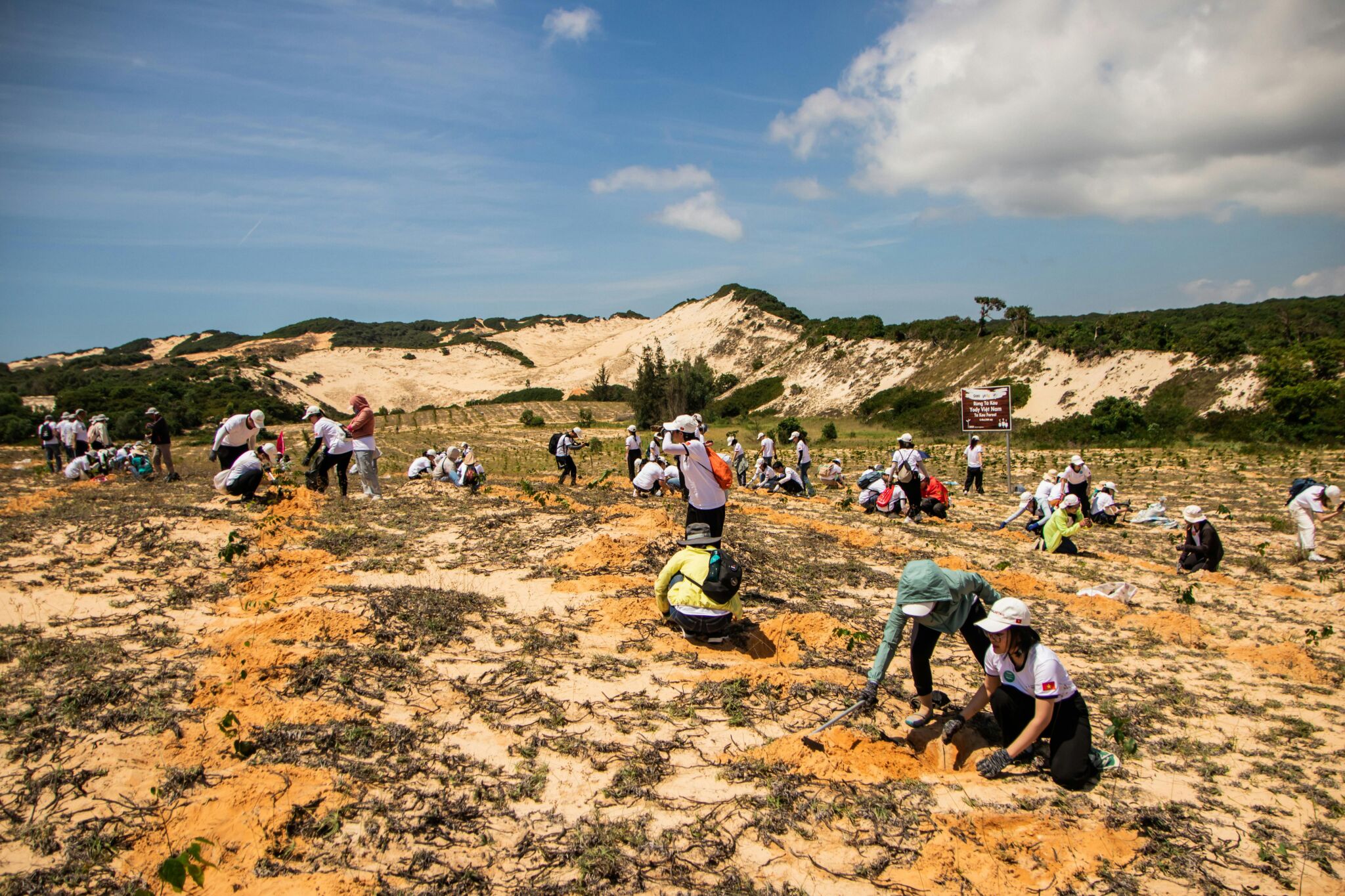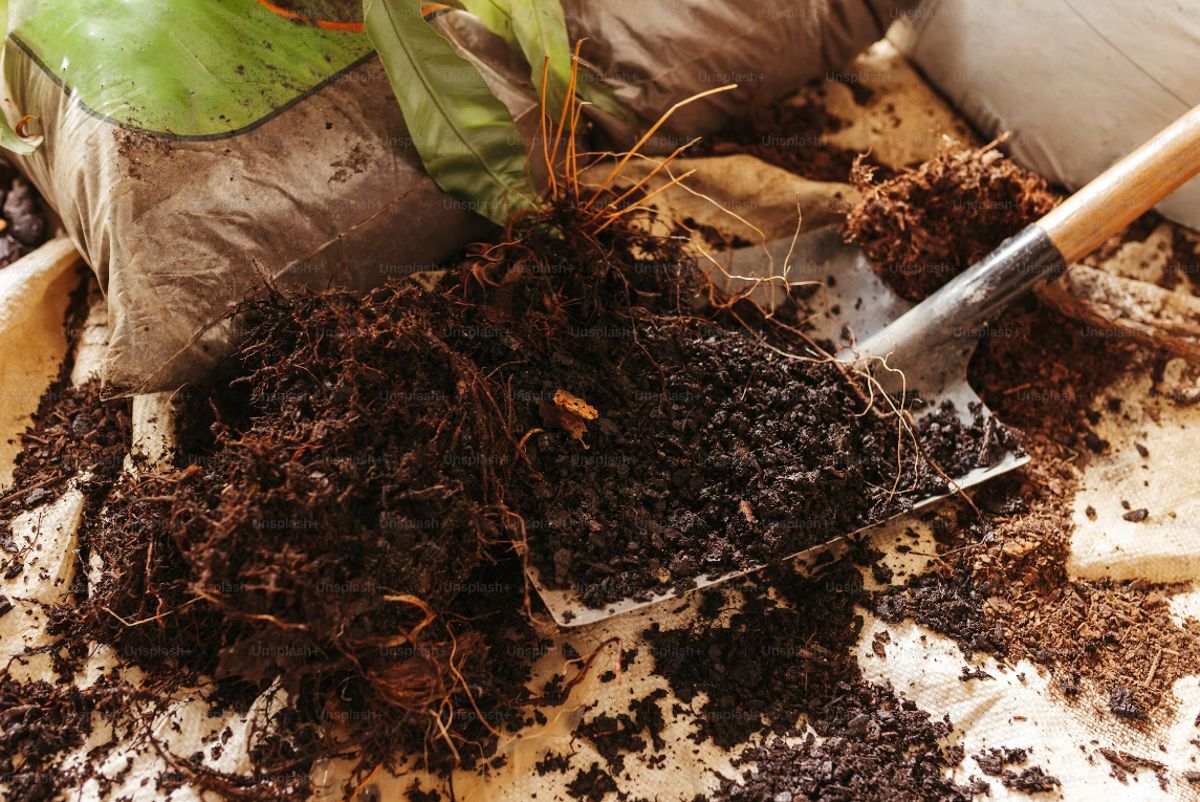Turning Loss Into Life: How Water Cremation Can Help Fight Desertification

Desertification is accelerating across the globe, threatening the livelihoods of 3.2 billion people, according to the United Nations Convention to Combat Desertification (UNCCD). Once-productive lands are becoming barren due to climate change, deforestation, and unsustainable land use. While reforestation and soil regeneration projects remain critical, an unexpected sector, death care technology, may play a supporting role in restoring life to the land.
At Aquaternal, we believe it can.
What Is Water Cremation?
Water cremation, also known as alkaline hydrolysis or aquamation, Resomation™, is a sustainable alternative to flame cremation and traditional burial. Instead of burning fossil fuels, this process uses a low-energy water-based system to gently return the body to its most basic elements.
Unlike burial or incineration, water cremation produces a sterile, nutrient-rich liquid byproduct. This effluent, when properly treated, can be transformed into a soil amendment capable of supporting reforestation, regenerative agriculture, and desertification reversal efforts.
Nutrient Benefits of Aquaternal’s Unique Process
Our closed-loop alkaline hydrolysis system features built-in energy and water-saving functions and produces an effluent with measurable biological value.

Based on lab analysis following the processing of a female decedent, the sterile effluent contained:
- Macronutrients: Organic nitrogen, phosphorus, potassium, calcium, magnesium, sulfur
- Micronutrients: Iron, zinc, copper, manganese
- Organic Carbon: 14,850 mg/L of bio-available carbon
These nutrients are essential for soil fertility, microbial life, and plant health. The organic carbon, approximately 14% of total body mass, acts as a catalyst for soil microbial activity, fungal growth, and carbon sequestration.

This positions water cremation not just as a sustainable end-of-life option, but as a scalable tool for land restoration and desertification mitigation.
Why Water Cremation Is Cleaner Than Burial or Flame Cremation
Conventional burials, especially embalmed burials, introduce toxic chemicals into soil and groundwater. Bodies are often placed below the root zone, depriving soils of regenerative benefits.
Flame cremation, while common, emits significant CO₂ and mercury pollutants into the atmosphere.
By contrast, water cremation:
- Offers a closed loop alternative, aligned with green death care practices
- Produces no harmful emissions, no noise and no odors
- Leaves behind only sterile bone remains (returned to families) and a valuable, nutrient-dense liquid byproduct suitable as a soil amendment
Preparing the Effluent for Soil Use
To maximize ecological benefit, the effluent undergoes minor, low-cost adjustments before being applied to soil restoration projects:
- pH Balancing – adjusted to local soil needs
- Fat Removal – ensures soil aeration and microbial activity
- Nutrient Modulation – balances nitrogen, phosphorus, and potassium (NPK ratios)
- Microbial Seeding – introduces beneficial fungi and bacteria for long-term soil health
Once adjusted, this liquid acts as a biological catalyst, helping degraded soils:
- Support biodiversity
- Retain moisture
- Rebuild structure
Closing the Loop: Death Care as Ecological Renewal
Aquaternal’s vision is more than just green cremation technology, it’s a zero-emissions platform that connects end-of-life care with environmental renewal.

Water cremation offers:
- A dignified, low-impact farewell
- Bone remains respectfully returned to families
- A byproduct that heals the Earth by supporting reforestation and combating desertification
Conclusion
As we face the twin crises of climate change and land degradation, bold and integrative solutions are required. Water cremation is more than a sustainable funeral option, it is a regenerative process that transforms personal loss into a living legacy.
Death, when handled thoughtfully, can mark not just an end, but a new cycle of life that helps restore the planet.
